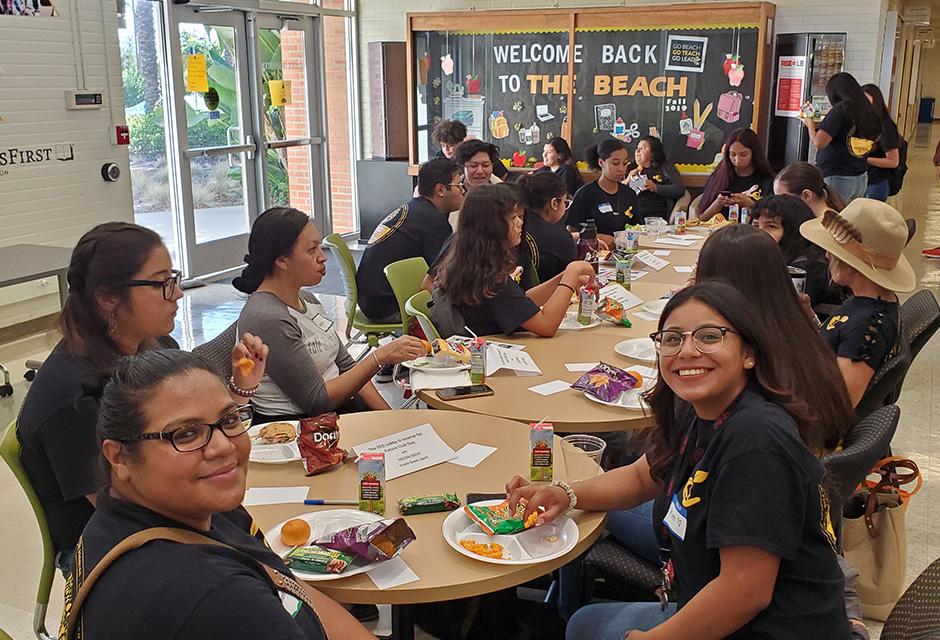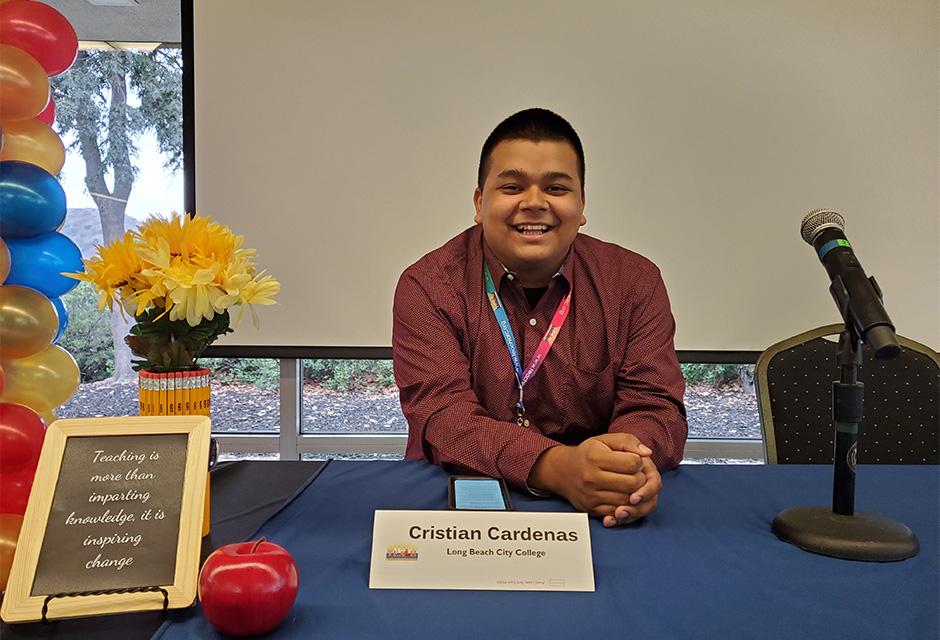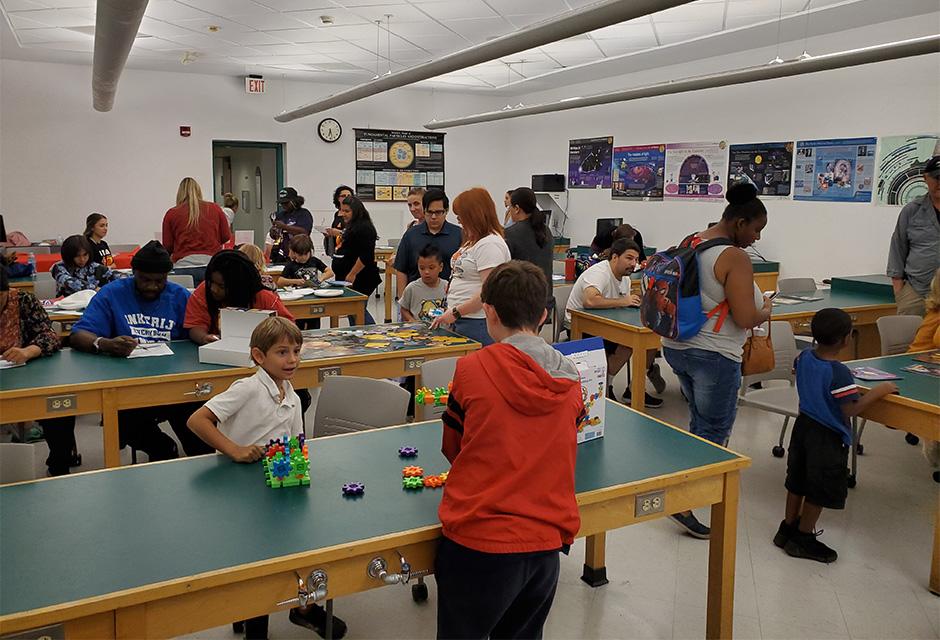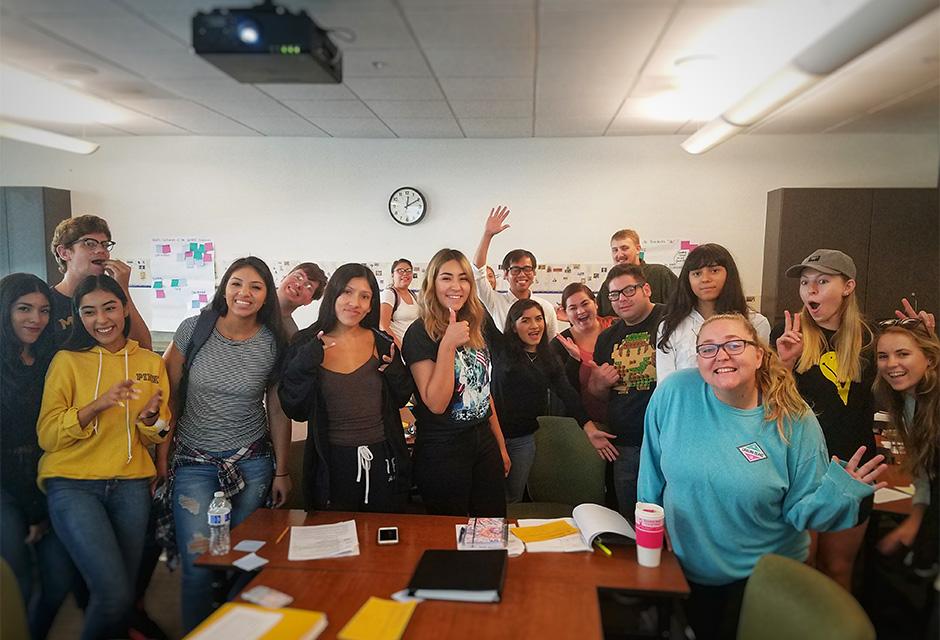Elementary Teacher Education
The cross-disciplinary courses that are part of this AA-T seek to inspire and prepare students, future educators, to teach in urban classrooms, to learn essential professional knowledge including professional teaching standards and ethics, to conduct fieldwork in order to learn how to meet the diverse needs of students and roles of the teacher, and to gain a broad foundation of knowledge across the disciplines that will be necessary for teaching elementary students. Students also develop critical reading, writing, and thinking skills that are pertinent to working in the era of standards-based classroom instruction.
ELEMENTARY TEACHER EDUCATION - Program Brochure
(Program Video: LBCC Career Technical Education, Elementary Teacher Education)
DEGREES & CERTIFICATES
Elementary Teacher Education, Associate in Arts for Transfer (AA-T)
Educational Aide I, Certificate of Achievement (ACH)
Educational Aide II, Certificate of Achievement (ACH)
View all LBCC’s Programs of Study and Curriculum Guides
(New students need to refer to the current academic year for the most up-to-date info)
| Receiving a Degree/Certificate | Class Schedule | Make an Appointment |
CAREER INFO
Students who study Education develop skills and knowledge which make them desirable candidates for hire in various positions in the field of education and teaching and beyond. An AA-T in Elementary Teacher Education leads to a Bachelor’s degree in Liberal Studies and other related degrees; most Bachelor’s degree pathways can lead to enrollment in a teacher credential program at the University. In addition, the Educational Aide I and II Certificates supplement other ADT/AA preparation to develop desirable skills and knowledge of the education field to prepare you for entry into the education workforce.
POTENTIAL JOBS
Start your career as a professional and/or specialist in the areas below!
Careers with an Associate’s Degree
- After-School Program Worker
- Childcare Worker
- Instructional Aide or Educational Aide
- Mentor
- Recreation Assistant
- Teacher Assistant
- Tutor
Careers with a Bachelor’s Degree in Liberal Studies or Education
- After-School Program Director
- Instructional Designer
- Policy Analyst
- Prepare for graduate studies in law, business, etc.
- Substitute Teacher
- Training Specialist
- Urban Planner/City Manager
- Various careers in business, government, and social service agencies
Careers with a Teaching Credential and/or Master’s Degree
- College Professor
- Credentialed Elementary, Middle or High School Teacher
- Credentialed Teacher Specialist
- Curriculum Designer
- Educational Consultant
- Education Policy-Maker and Researcher
- Graduate Teaching Assistant
- TK-12 Administrator, Counselor, or Psychologist
FAQ
What is the difference between the Educational Aide Certificate and the AA-T Degree in Elementary Teacher Education?
While the AA-T prepares students to seamlessly enter University BA Liberal Studies programs and later teacher credentialing programs, it also prepares students with a foundation in the education field and content taught to grade TK-12 students who wish to transfer into other BA programs. The AA-T is an interdisciplinary degree that includes mostly GE coursework.
On the other hand, the Educational Aide I and II Certificates offer key coursework from the AA-T with smaller unit requirements in order to supplement other ADT/AA majors. Most AA-T students will earn both certificates en route to their degree, and other majors can also earn them.
Teacher Preparation Program Guide
What programs are offered to future middle/high school (secondary) teachers?
Education with Fieldwork courses offers hands-on experience in TK-12 classrooms. Choose an EDUC fieldwork course that offers middle or high school placement to gain career work experience. And, consider taking Earth Science for Educators, Survey of Chemistry/Physics, and Mathematics for Teachers as GE courses on your degree pathway.
LBCC offers Education courses that can be taken individually to enhance your preparation for the field of education. EDUC 130, Introduction to Secondary Classroom Teaching, is a 2 unit elective that provides 15 hours of field experience in middle and high school classrooms. EDUC 10, Introduction to Teaching and Learning, is a 1 unit elective that provides 10 hours of fieldwork in a TK-8 classroom. EDUC 40, a 1 unit Introduction to Educational Technology, also provides students with knowledge and skills that transfer directly into those highly desired in the education field. Other courses including CHEM 4/PHYS 4, MATH 28, MATH 29, and GEOL 10 are geared for future educators and meet GE requirements.
Additionally, the Educational Aide I and II Certificates consolidate key coursework to allow any student to focus on the skills and knowledge that the workforce is looking for in entry-level positions and beyond as they pursue AD-T/AA pathways in various disciplines like Math, Science, English, History, and other majors of future secondary teachers. Since secondary teachers typically earn a degree in the subject they wish to teach, Education courses and certificates offer further specialized preparation.
Are there any internships, volunteer opportunities, or work-related courses available from the program to receive credits to help with transfer?
Yes, the Reading and Teacher Preparation Department works regularly with university and workforce partners to develop internships, volunteer positions, and more. For up-to-date announcements of opportunities as they arise, students are strongly encouraged to ENROLL in the Teacher Preparation Program Student Community Hub on Canvas. Education Courses including EDUC 10, EDUC 130, and EDUC 20 offer fieldwork opportunities that include 10, 15, or 45 hours respectively of field experience in public school classrooms.
What clearances are required to complete Education fieldwork courses? (EDUC 10, EDUC 20, and EDUC 130)
To be cleared for fieldwork in public schools, students must
- Livescan fingerprint at an approved vendor (details provided at required Orientation)
- Submit a recent negative TB test or TB Risk Assessment
- Complete the registration process including a signed waiver and mandated reporter training by the first week of class
Students must attend a required orientation before the semester begins or during the first weeks of the semester to learn how to obtain the clearance requirements. Orientation dates are provided online at the teacher preparation website, in the college calendar of events, and are posted on the course LMS page which is accessible upon course registration.
Are there any industry certifications or exams associated with the program?
There are no exams required for the AA-T Elementary Teacher Education or Educational Aid I or II certificates. However, future credentialed teachers and substitute teachers are required to meet a CA Basic Skills Requirement which has now been expanded to include BA Degrees. In other words, if you earn a BA Degree then you have already met the requirement and do not need to pass any exams.
Where can I find out about events and activities that are offered on and off campus?
Check LBCC College Calendar of upcoming events and the Reading and Teacher Preparation Program’s website for the current semester calendar of events for special events and activities. The Future Teachers Club, through Viking Engagement, also hosts regular meetings and events. Complete our INTEREST FORM and ENROLL in the Teacher Preparation Program Student Community Hub on Canvas to get the most current information on events, and activities like campus visits, and job announcements.
What professional organizations should I consider joining?

Student California Teachers Association (SCTA) offers low-cost membership to students.

Computer-Using Educators (CUE) - A California educational technology organization that offers free membership to all.

Orange County Reading Association (OCRA) is a professional organization of teachers, administrators, reading specialists, paraprofessionals, and others interested in the teaching of reading and the improvement of literacy at all levels.

California Mathematics Council (CMC) is a statewide organization, with officers elected by the entire membership and a governing board appointed by the officers.
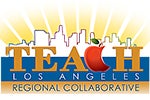
TEACH LA Regional Collaborative offers free professional development and resources to students in education, child development, and related majors who attend LA County Community Colleges.

TEACH California - This Website is the California Department of Education’s (CDE) primary Web effort for recruiting individuals to the teaching profession.

